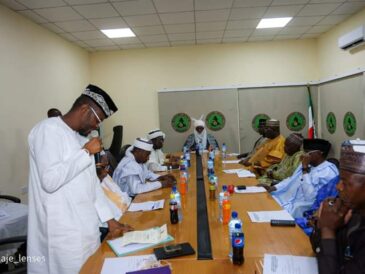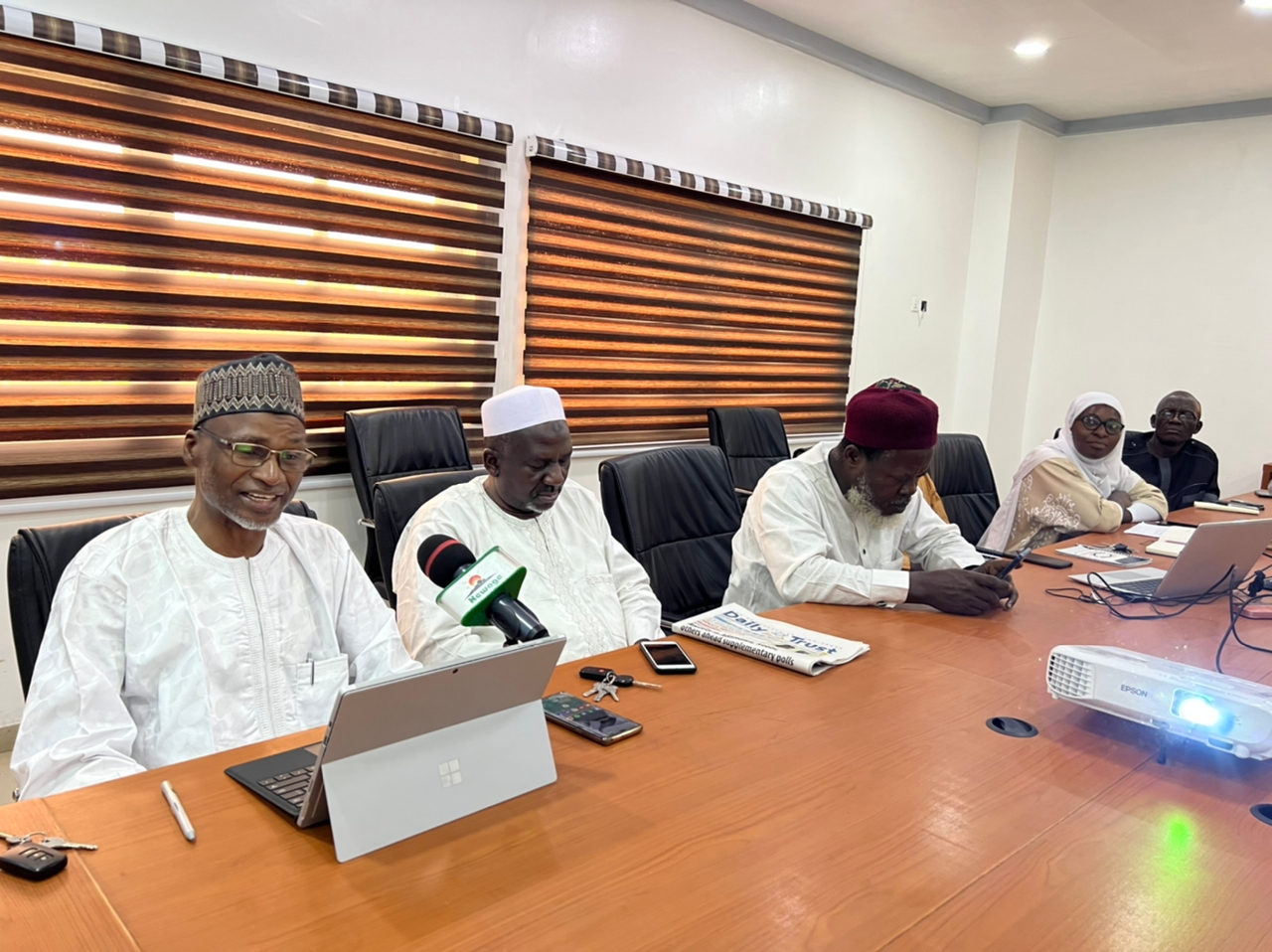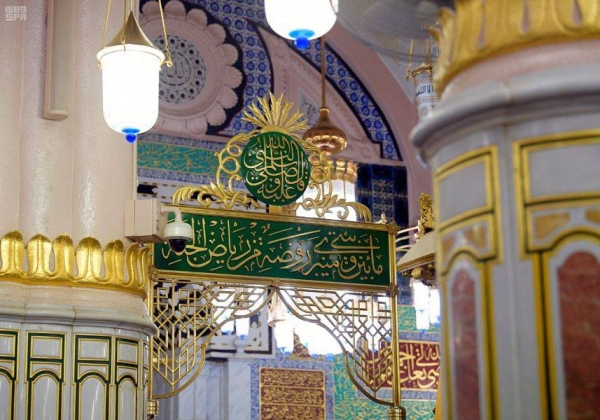![]()
Independent Hajj Reporters (IHR), a faith-based Civil Society Organization (CSO) that monitors and reports Hajj and Umrah activities in Nigeria and Saudi Arabia has called on the Federal Government of Nigeria to consider approving a concessionary foreign exchange rate for 2024 intending pilgrims from the country.
This, IHR said, is because of multiple factors beyond the control of the pilgrims and even Hajj regulators.
The CSO which issued a statement in that regard on Wednesday, signed by its national coordinator Ibrahim Mohammed said the call became necessary owing to the high exchange rate of the Naira to the US dollar which has been exchanged for N791 in the official window as against the N460 paid by Hajj 2023 pilgrims.
IHR also said the high exchange rate has negatively impacted the projected cost of the 2024 Hajj and has therefore “prevented most intending pilgrims from registering to perform the fifth pillar of Islam”.
IHR said unless the federal government grants a concessionary exchange rate, the country stands the risk of being “embarrassed” because the country may not be able to utilise even 30% of its allocated slot of 95,000 pilgrims. A situation the CSO said “will be the first in the nation’s history”.
“Nigeria has 95,000 Hajj slots which have been distributed in the ratio of 80:20 to state Muslim Pilgrims Welfare Boards and Private Hajj Operators. So far, less than 16,000 pilgrims have registered representing a mere 16 per cent of the 2024 hajj slots”.
IHR said the dollar component of the 2023 Hajj fare template was about 6,650 USD– which is the equivalent of N5,247,000 if 2024 Hajj pilgrims are made to buy dollars at the rate of N791 to a dollar.
The CSO said about 65 to 70 percent of Nigerian pilgrims are peasant farmers who have been saving for years to perform hajj.
“The current floating of forex has wiped out the value of their hard-earned savings – a challenge that is beyond their control,” IHR said.
IHR also said the new Saudi Arabian Hajj calendar stipulated that issuance of visas will be closed 50 days to Arafat while all hajj participating countries including Nigeria are expected to finalize all hajj service contracts by 25th February – meaning Nigeria has less than 60 days to draw the curtain on pre hajj preparations.
“It is scary that despite the new rule, the country is yet to register even 20,000 pilgrims”.
“We appeal to the Federal Government to consider the plight of those farmers who are facing multiple challenges of low harvest due to insecurity and unfavourable weather conditions and wade in by granting concessions on forex rates to allow timely registration of intending pilgrims.
“Our findings reveal that most intending pilgrims are looking up to the announcement of final Hajj fare before deciding whether they could afford the cost of the next Hajj or not,” the group said.
IHR also said it is aware of the efforts being made by the leadership of the National Hajj Commission of Nigeria (NAHCON) and States Muslim Pilgrims boards and agencies towards reducing the associated cost of Hajj services within their control but insisted that such efforts cannot significantly reduce the cost of 2024 Hajj to a level closer to what Hajj 2023 pilgrims paid.
It is noteworthy that most pilgrims are afraid of committing themselves to make deposits because they have tabulated the dollar component of the 2023 hajj and are afraid that the 2024 hajj fare may exceed N5 million.
It should be noted that Nigerian pilgrims paid for all the services they enjoy both in Nigeria and in the Kingdom of Saudi Arabia.
“More importantly, NAHCON has been shouldering the operational expenditure of Hajj since 2019 without recourse to the government at any level. Government should complement these efforts by granting a concessionary rate for 2024 Hajj,” IHR said.





